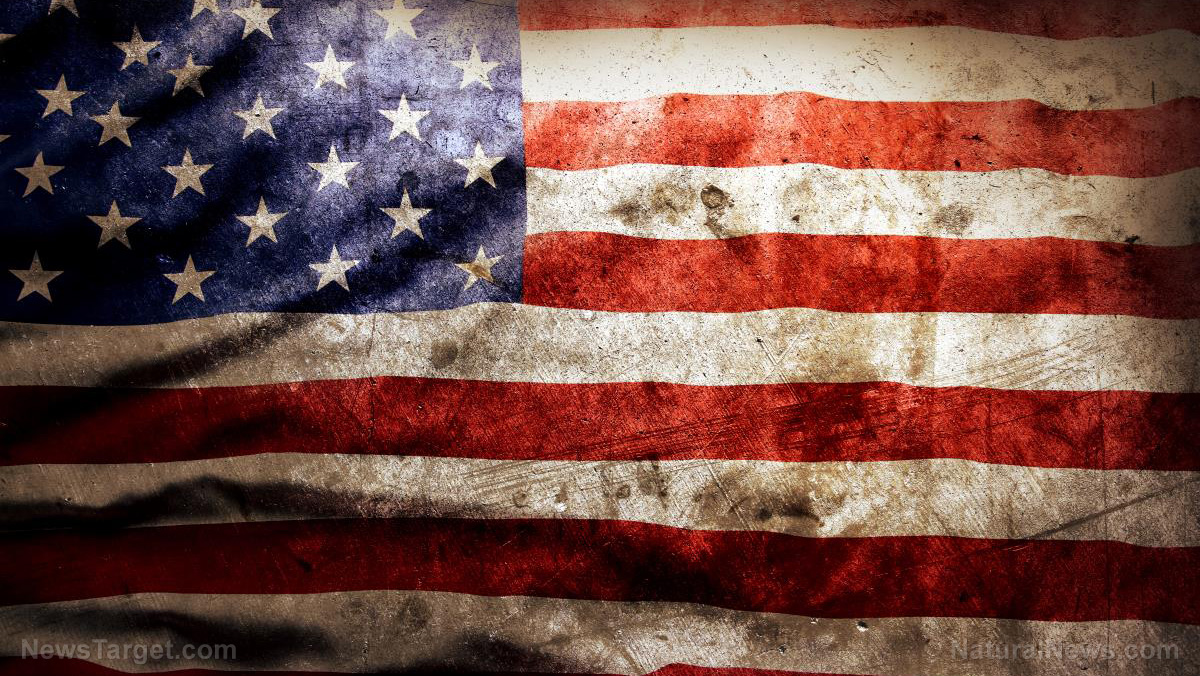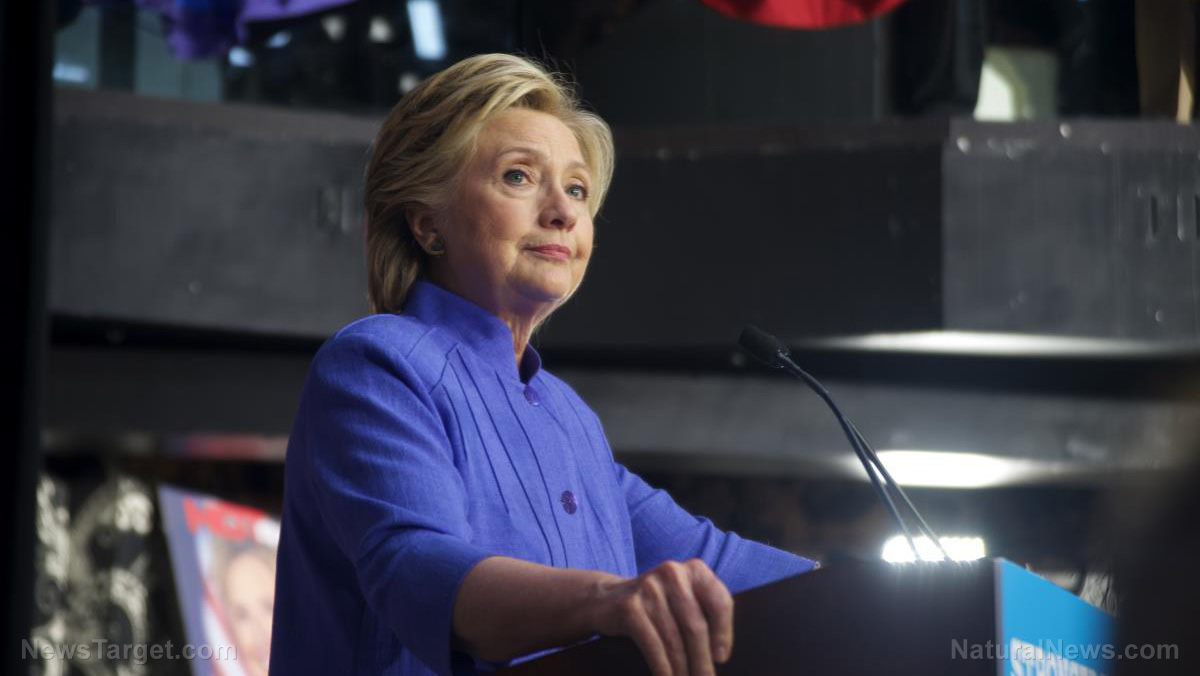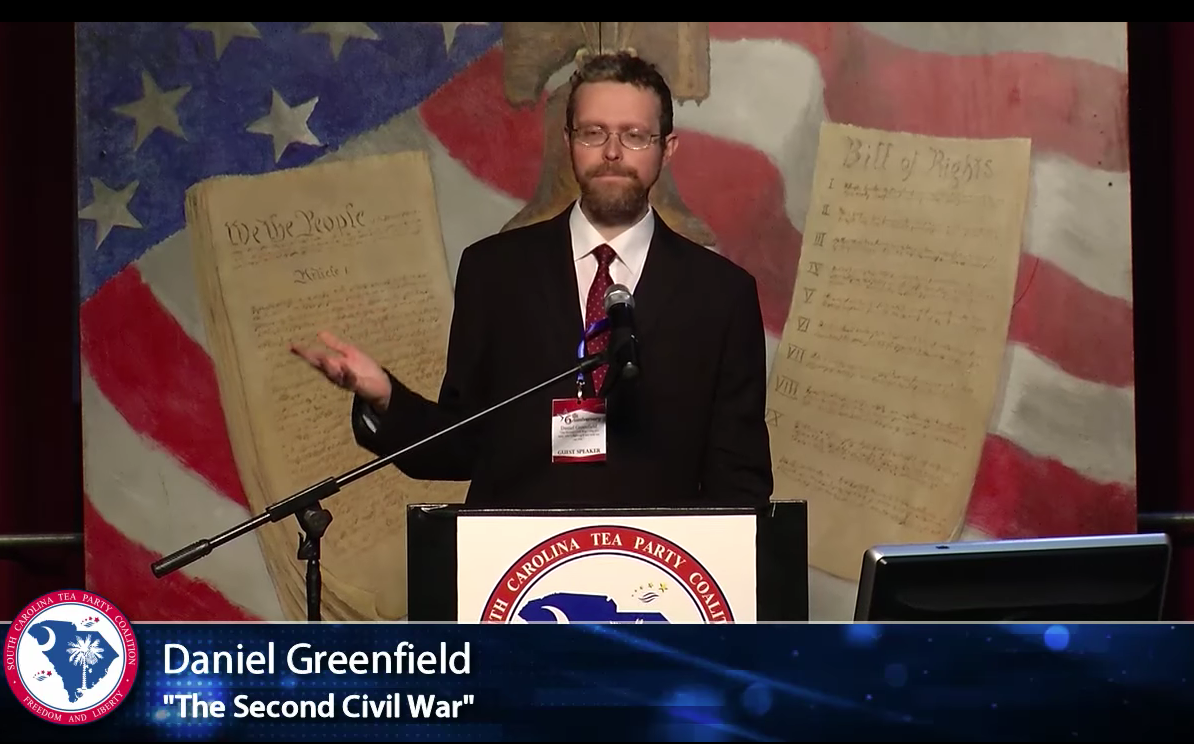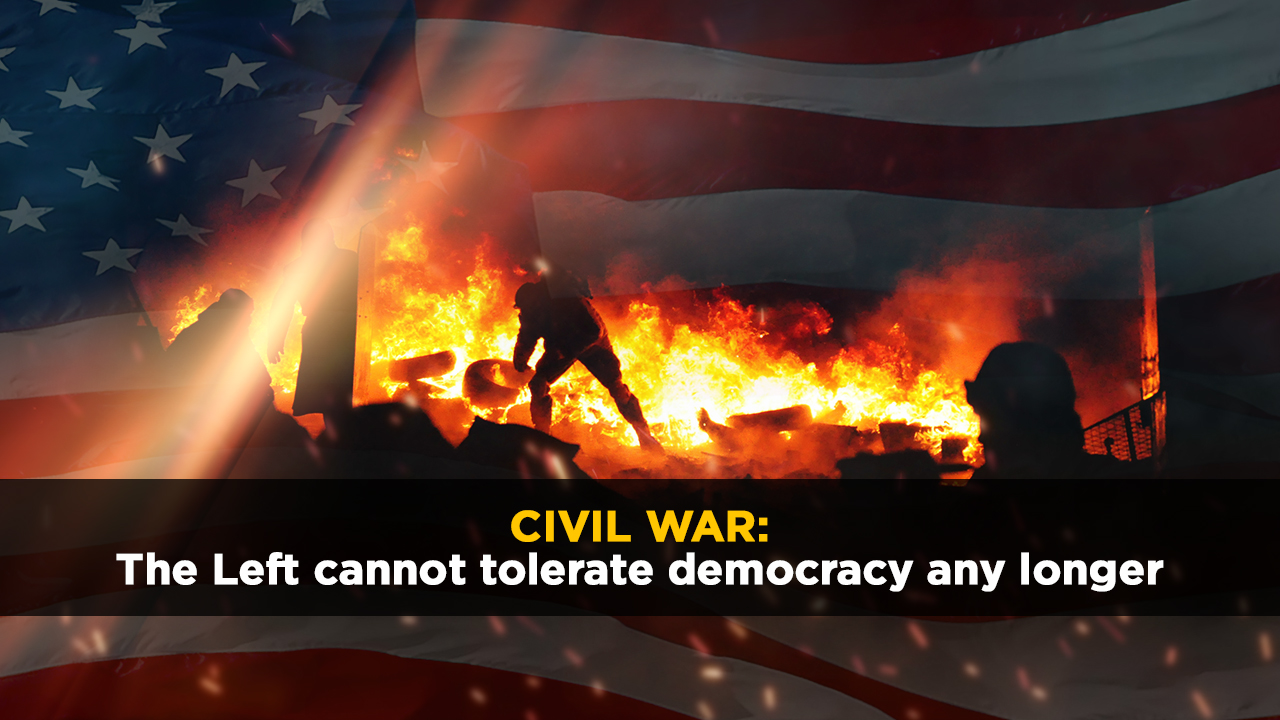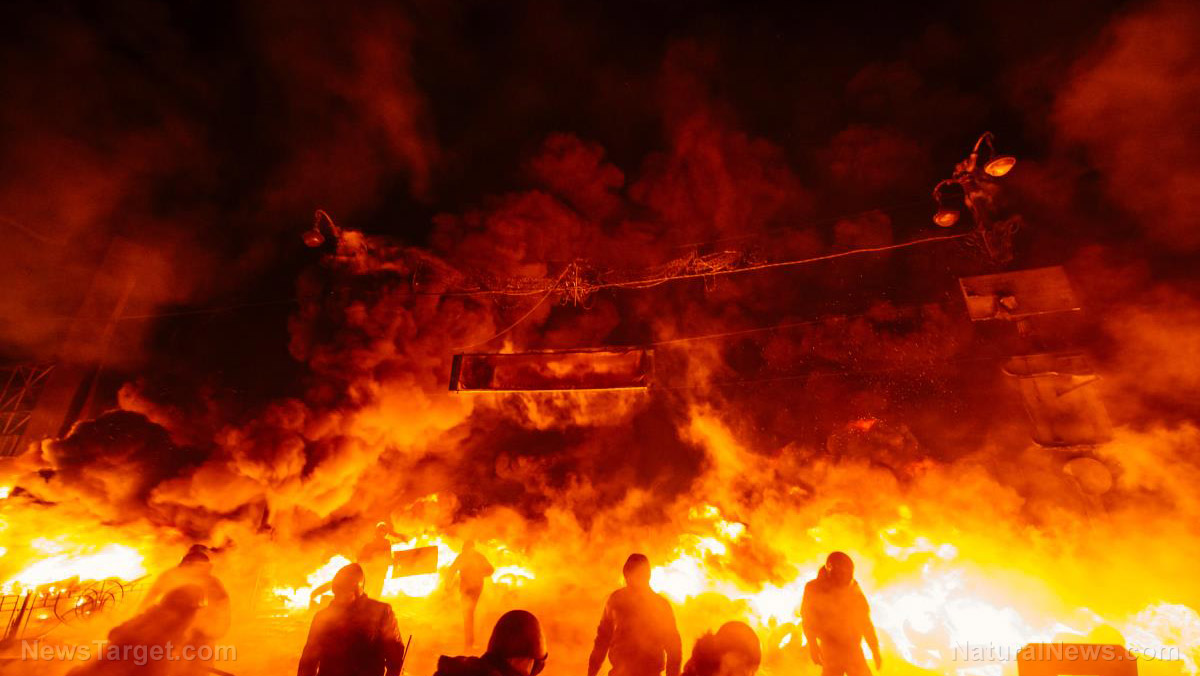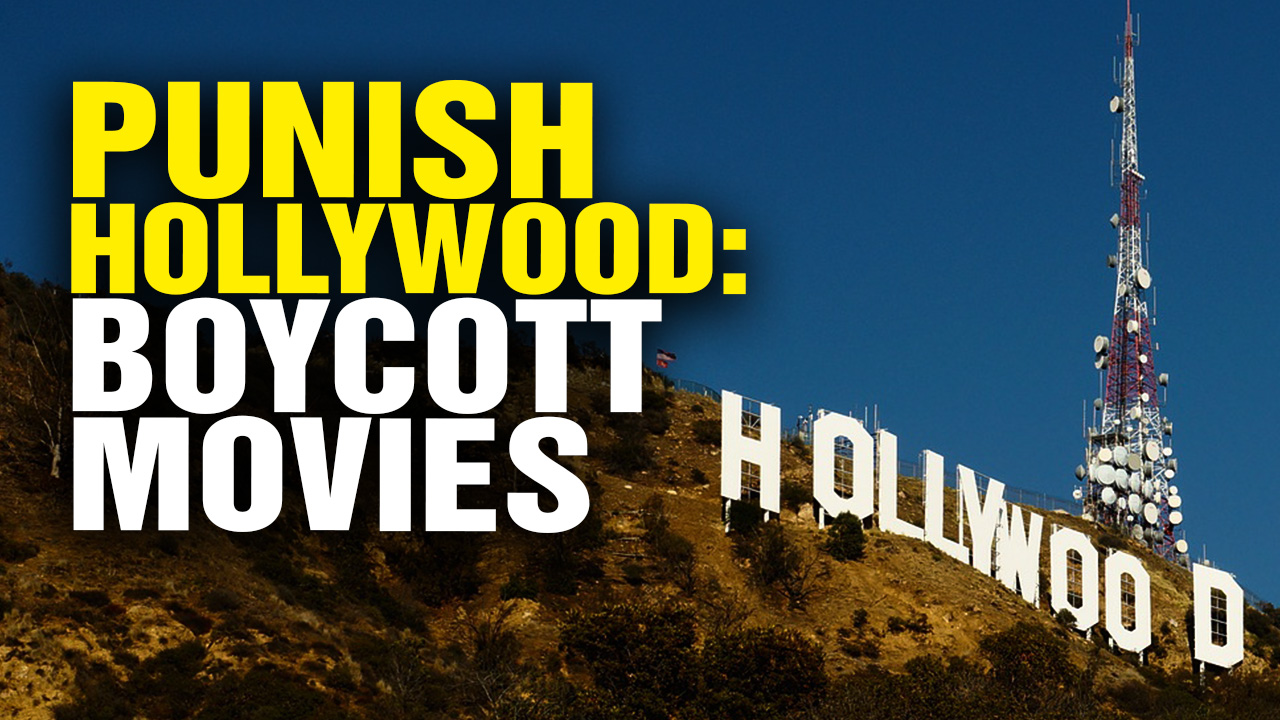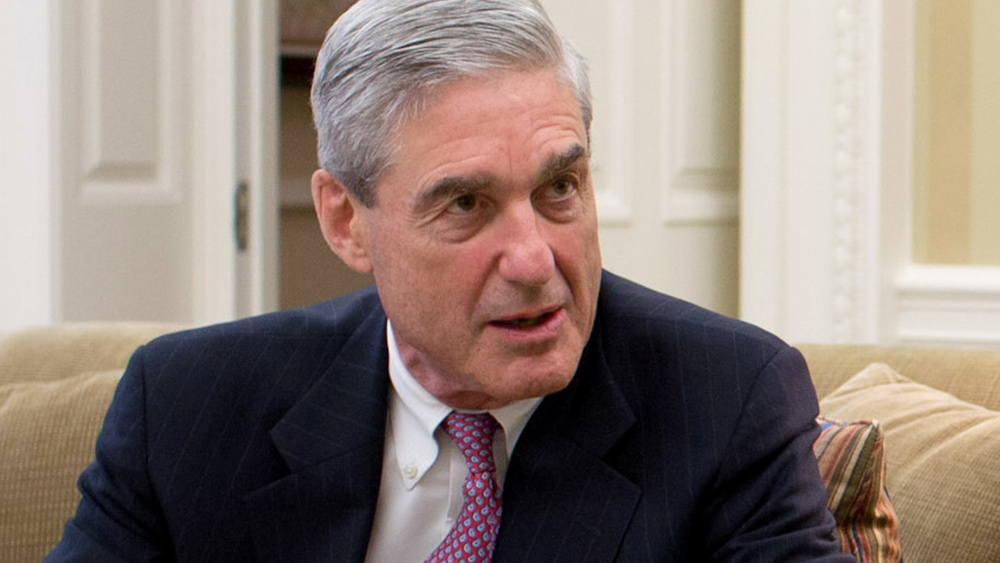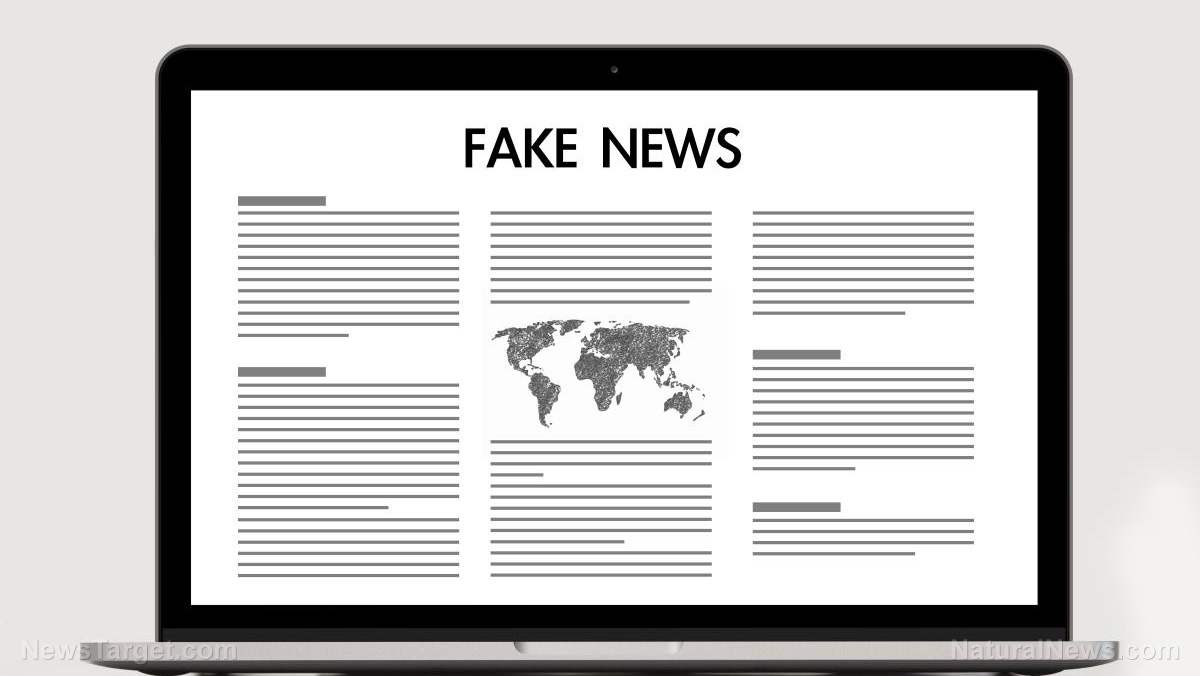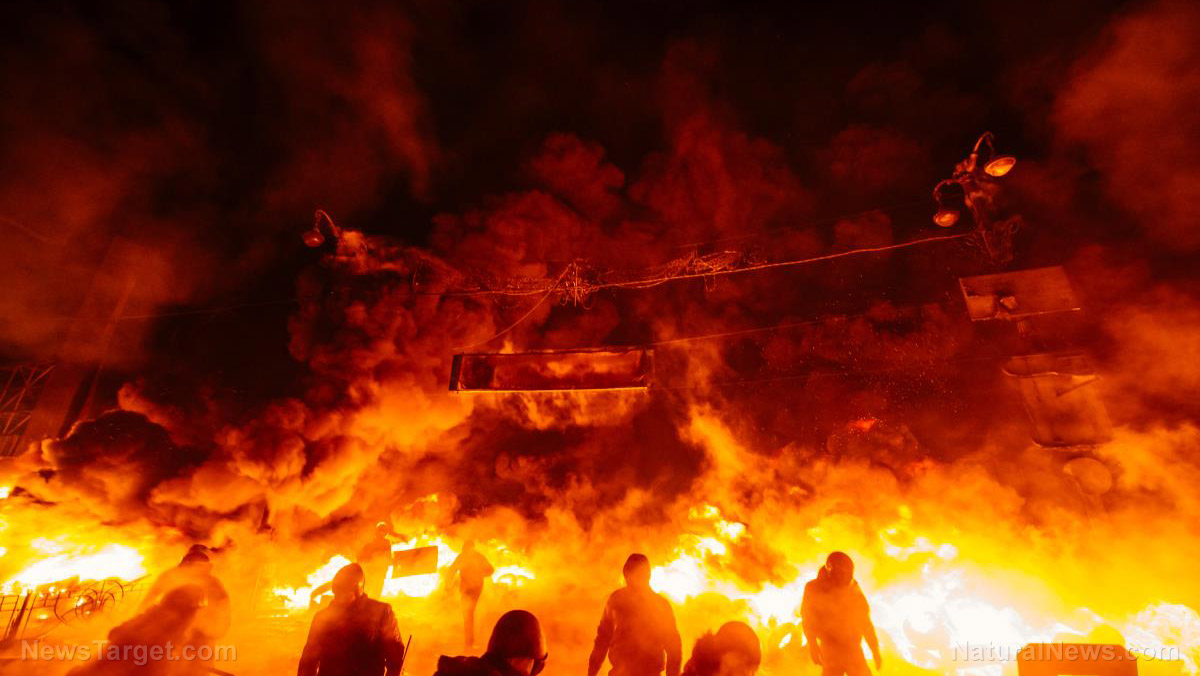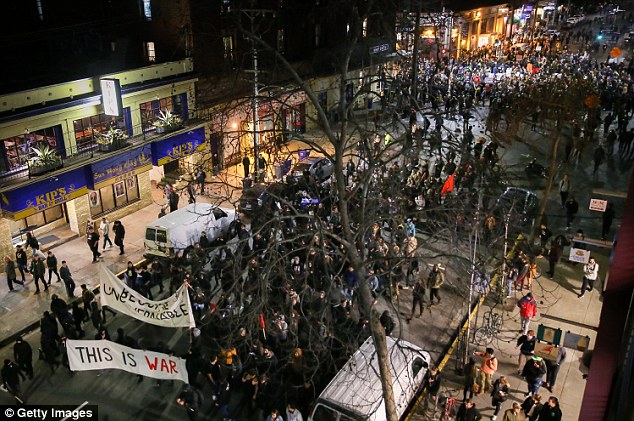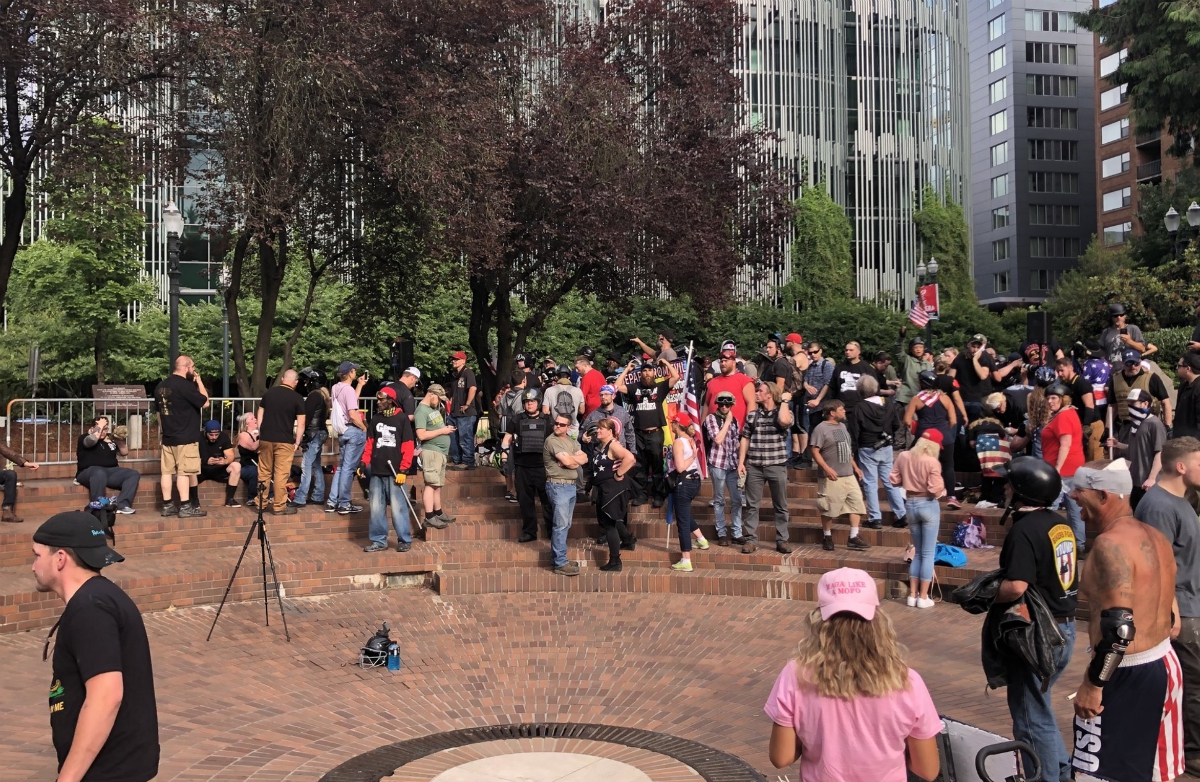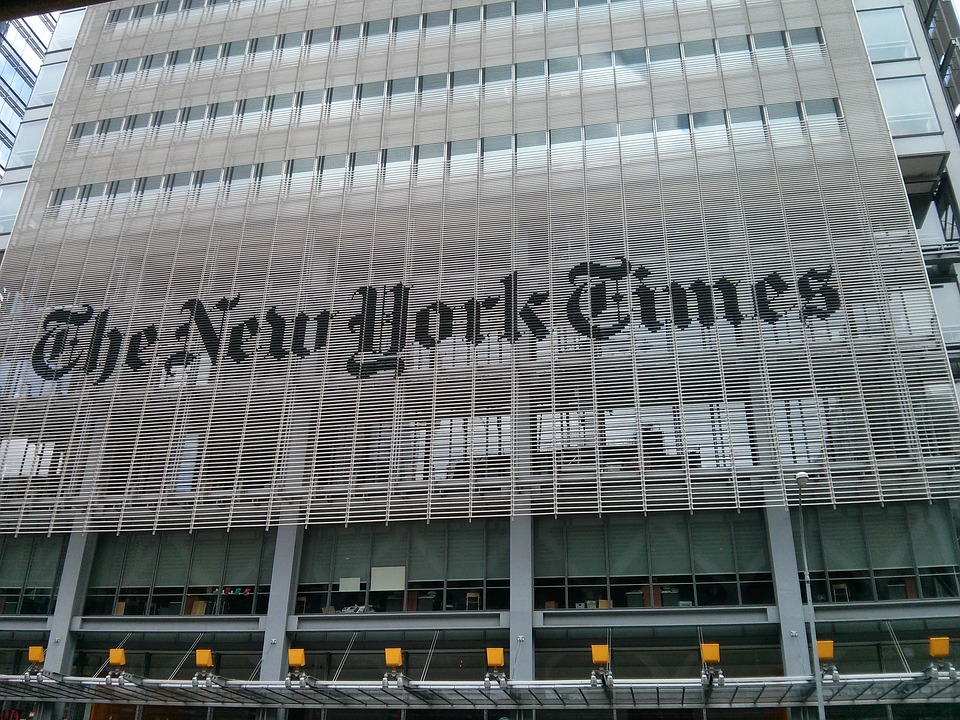Hurricane Harvey disruptions reveal key to Texas winning America’s next civil war
09/03/2017 / By JD Heyes
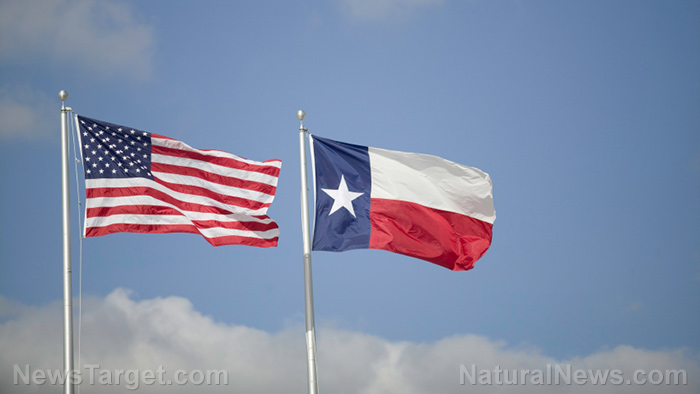
Most people know that Texas is home to the bulk of America’s oil and gas industry, and in the wake of Hurricane Harvey, we’re all finding out just how vital the Lone Star State is.
The storm has knocked out a sizable portion of Texas’ refining capacity, resulting in far less gasoline, diesel fuel and other products refined from oil. Gas prices are already starting to go up, and it’s no telling where they’ll top out because at this juncture, no one’s quite sure yet when Texas refining will once again be at full capacity.
But Texas is also home to another invaluable commodity in today’s world: chemicals. And Harvey has knocked out much of the state’s chemical manufacturing base as well — and again, for how long, no one knows.
As reported by Bloomberg, the devastating impact Harvey has had on Texas chemical manufacturing is already creating problems and shortages up and down the supply chain as factories struggle to find the chemicals required to produce plastics and other components that are used to make everything from car parts to jugs for milk:
Few Americans care about ethylene. Many have probably never heard of it.
As it turns out, this colorless, flammable gas is arguably the most important petrochemical on the planet — and much of it comes from the hurricane-stricken Gulf Coast. Ethylene is one of the big reasons the damage wrought by Hurricane Harvey in the chemical communities along the Gulf of Mexico is likely to ripple through U.S. manufacturing of essential items from milk jugs to mattresses.
“Ethylene really is the major petrochemical that impacts the entire industry,” Chirag Kothari, an analyst at Nexant, a consulting firm, told Bloomberg.
The Lone Star State produces almost 75 percent of ethylene, a basic chemical element, for the entire country. It is the primary chemical ingredient in the manufacture of plastics that are pervasive in U.S. consumer goods. And Harvey just shuttered nearly all of Texas’ plants and with them, 61 percent of the country’s ethylene production capacity. Some analysts think it will be November, at the soonest, before all of those plants will be back online.
As reported by Zero Hedge, the U.S. Gulf Coast “is a crucial player in the global market: U.S. production accounts for one of every five tons on the market. International ethylene plants were running nearly full out to meet rising demand” before the storm hit.
“The combination of Harvey’s path, duration, and rainfall is wreaking havoc with the supply side of the U.S. chemicals industry on an unprecedented scale,” Kevin McCarthy, an equity analyst at Vertical Research Partners, told Bloomberg. “We certainly haven’t seen anything quite like it in our 18 years of following chemical stocks on Wall Street.”
In addition to ethylene, another widely employed chemical — polypropylene — has also been largely taken offline, with analysts claiming that Harvey has caused a 60 percent manufacturing reduction.
Buyers for chemicals and plastics cannot stay in business for long without replenishing inventories. Some have already told customers they won’t be able to fulfill their contracts because of the damage done by Harvey.
As for petroleum refining, most believe that capacity will be up and running again within a couple of weeks, but there could be unexpected delays as plant managers begin to get operations up and running again.
Also, demand for ethane and butane, both of which are vital to the production of ethylene and other chemicals, has fallen 90 percent due to plant closures.
Some gasoline pipelines that are currently closed provide almost half of the East Coast’s supply. As CNBC reports:
The Colonial Pipeline Company also shut down part of critical lines that transport gasoline, diesel, and aviation fuel from Houston through the southeast and up the East Coast to New Jersey. The closure prevented fuel flows along a stretch from Houston to Hebert, Texas.
And while about one-quarter of total U.S. refinery capacity has been taken offline by Harvey, something more like 40 percent of capacity that serves people east of the Rockies has been negatively affected.
“This is an unprecedented event, and it’s got some unknown outcomes,” Tom Kloza, global head of energy analysis at the Oil Price Information Service, told CNBC.
So essentially, as Harvey has proven, Texas controls much of the country’s chemical, fuel, and energy, giving it out-sized strategic importance for the overall health (and economic success) of the United States.
But that’s not all Texas is known for. The state is a major agricultural producer as well and has a robust infrastructure manufacturing base. In addition, Texas is beginning to rival California’s Silicon Valley.
The point is, for all the criticism Texas has received from out-of-state Left-wing liberals, without it their lives would be much more difficult, far more expensive, and a lot less fulfilling. The state is absolutely vital in terms of the energy, petrochemical, agricultural, and technological resources it provides to the rest of the country (and much of the world).
Since Donald J. Trump won the presidency in November, there has been a constant move afoot in California to secede from the rest of the country. Californians claim that without them, America would fall apart because of all that state contributes to the country. (Related: Secession: CALEXIT supporters can now start gathering signatures.)
But really, it’s Texas that the country cannot afford to do without, and that’s an advantage its leaders should press and impress upon California “Calexit” types and anyone else in any other state who thinks they can go it alone without Texas.
As Americans continue to allow “social justice warriors,” cultural change artists, history revisionists, haters of football and political hucksters to divide and conquer us, one thing everyone should be well aware of: Texas doesn’t need the rest of us nearly as much as we need Texas. We forget that at our peril.
More than that, any effort to leave the nation by force cannot be accomplished without the Lone Star State, as Harvey has so aptly proven.
J.D. Heyes is a senior writer for NaturalNews.com and NewsTarget.com, as well as editor of The National Sentinel.
Sources include:
Tagged Under: civil war, economy, energy sector, Hurricane Harvey, petrochemical, petroleum, strategic resources, Texas


